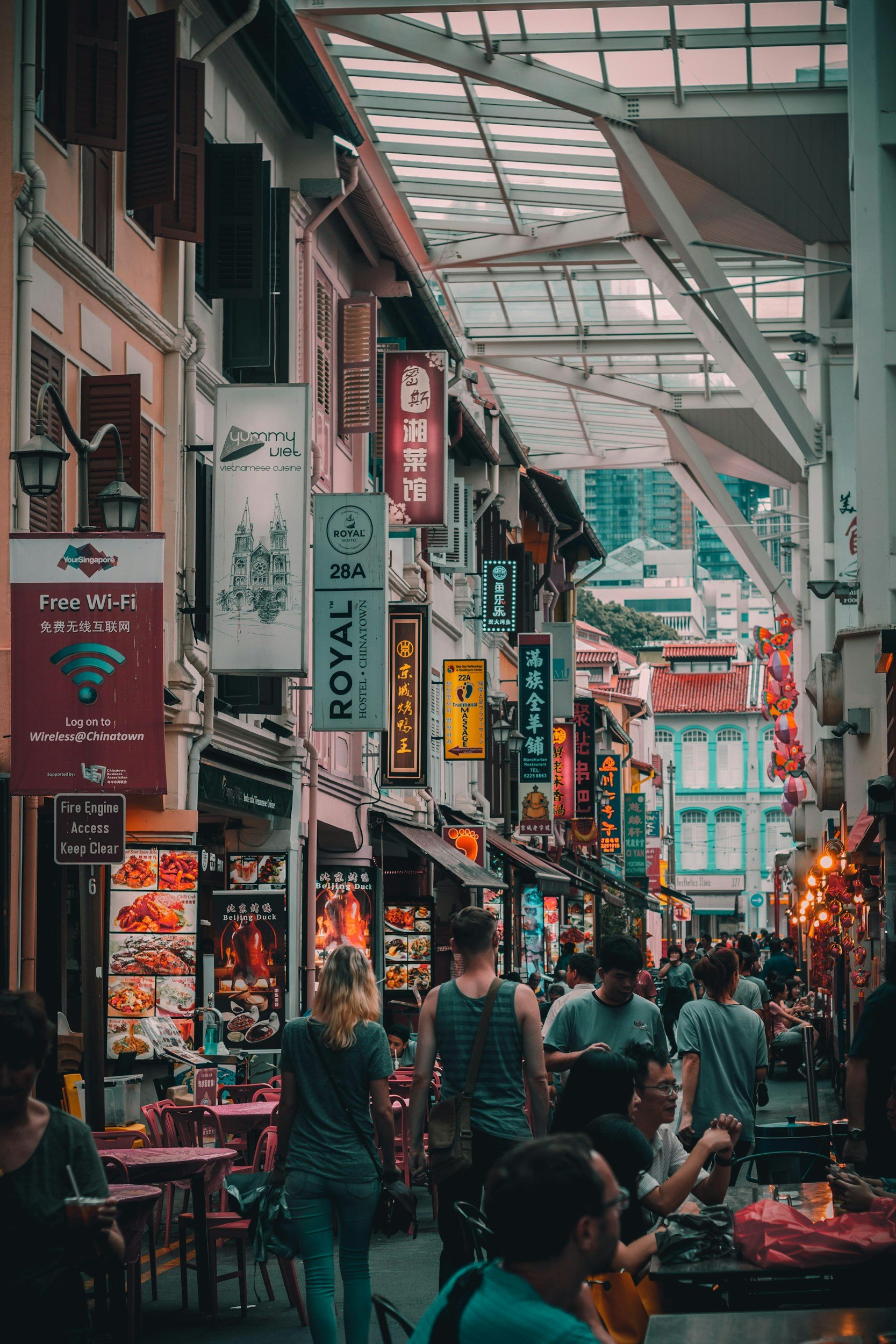Mindfulness for Busy Singaporeans: Practical Techniques for Daily Life
(8-9 mins read)
In Singapore's fast-paced environment, where efficiency and productivity are highly valued, finding moments of mental clarity can seem impossible.
With the constant rush between MRT stations, back-to-back meetings, and family obligations, many can start finding themselves operating on autopilot, disconnected from the present moment. Mindfulness offers a practical way to reclaim your mental space and reduce stress.
Understanding Mindfulness
Mindfulness is the practice of paying attention to the present moment with openness, curiosity, and without judgment. Many people notice that they have many thoughts when they meditate and they quickly deem meditation as not for them - but do you know, noticing “these many thoughts” is a form of meditation, so good job!
While often associated with lengthy meditation sessions or retreat centers, authentic mindfulness can be practiced in just minutes a day and integrated into your existing routine.
For us Singaporeans, mindfulness holds particular relevance:
Antidote to kiasu culture: The fear of missing out or falling behind drives many Singaporeans to constant striving and comparison, creating a mental environment where anxiety thrives
Balance for achievement orientation: Singapore's education system and workplace culture emphasize achievement, sometimes at the expense of wellbeing
Mental space amidst physical density: Living in one of the world's most densely populated cities means external quiet is rare, making internal quiet even more valuable
Signs You Might Benefit from Mindfulness
Consider incorporating mindfulness into your routine if you experience:
Constantly thinking about the next task while working on the current one
Feeling mentally exhausted despite adequate sleep
Eating meals without tasting or enjoying them
Difficulty concentrating during conversations
Frequently feeling overwhelmed or irritable
Rushing through activities without noticing details
Finding your mind wandering during important moments
Practical Mindfulness Techniques for You
These techniques require minimal time and can be integrated into your existing schedule:
1. MRT Mindfulness Use your commute time productively by practicing awareness. Instead of scrolling through your phone, notice five things you can see, four things you can hear, three things you can feel, two things you can smell, and one thing you can taste. This simple practice grounds you in the present moment.
2. Mindful Tea Break Singapore's coffee shop culture can be repurposed for mindfulness. When drinking your kopi or teh, fully focus on the experience—the warmth of the cup, the aroma, the taste, and the sensation as you swallow. Even just 5 minutes of mindful drinking can reset your mental state.
3. Weather Check-In Singapore's constant heat and humidity can affect mood. When stepping outside, take three deep breaths and notice the feeling of air on your skin, the temperature, and any breeze. This brief moment of awareness creates a natural pause in your day.
4. Digital Boundaries Create a mindful relationship with technology by taking regular screen breaks. When your phone buzzes with notifications, pause before immediately checking. Ask yourself if you need to respond now or if it can wait until you've completed your current task.
5. Three-Breath Reset Between meetings or tasks, take three deliberate breaths. Inhale slowly through your nose for a count of four, hold briefly, then exhale through your mouth for a count of six. This micro-practice can be done anywhere, including busy CBD elevators or crowded hawker centers.
How Mindfulness Supports Mental Wellbeing
Regular mindfulness practice has been scientifically proven to:
Reduce stress and anxiety levels
Improve focus and productivity
Enhance emotional regulation
Boost immune function
Improve sleep quality
Reduce burnout risk
Increase self-compassion
These benefits are particularly valuable in Singapore's achievement-oriented culture, where mental health challenges are increasingly recognized but still often stigmatised.
How Qualified Listening Can Enhances Mindfulness Practice
While mindfulness is something you can practice independently, many people find that discussing their experiences with a supportive listener enhances their practice in several ways:
Processing: Talking through difficult emotions that arise during mindfulness practice aids integration
Validation: Having your experiences acknowledged without judgment reinforces the self-compassion that mindfulness cultivates
Qualified listeners, like those on the IHearU platform, provide a space to discuss your mindfulness journey (or life’s journey) without the pressure of formal therapy.
Taking the First Step with IHearU
For many Singaporeans, managing stress and maintaining mental wellbeing can feel overwhelming. Traditional approaches like therapy may seem too formal or time-intensive for those juggling multiple responsibilities. Starting a conversation with a qualified listener offers a gentle entry point to mental wellbeing practices, including mindfulness.
IHearU connects you with qualified listeners – including social workers and counselors – who understand Singapore's unique cultural context. They can:
Provide a non-judgmental space to discuss challenges with maintaining practice
Support your overall mental wellbeing journey
Get Support Today with the IHearU App
The IHearU app makes connecting with qualified listeners simple and accessible for Singaporeans. In just a few taps, you can:
Browse profiles of available listeners with various backgrounds and specialties
Choose someone who resonates with your needs and preferences
Connect through secure video / audio or messaging
Access support on your schedule, without long waits or commitments
Download the IHearU app today from your app store. In Singapore's non-stop environment, having someone to talk to can make the difference between merely surviving and truly thriving.
If you're experiencing persistent anxiety or depression that mindfulness doesn't seem to help, please consider reaching out to a mental health professional. & If you're experiencing thoughts of self-harm or suicide, please contact a crisis helpline immediately. Samaritans of Singapore (SOS) at
1-767 or the Institute of Mental Health's Mental Health Helpline at 6389-2222, both available 24/7.




